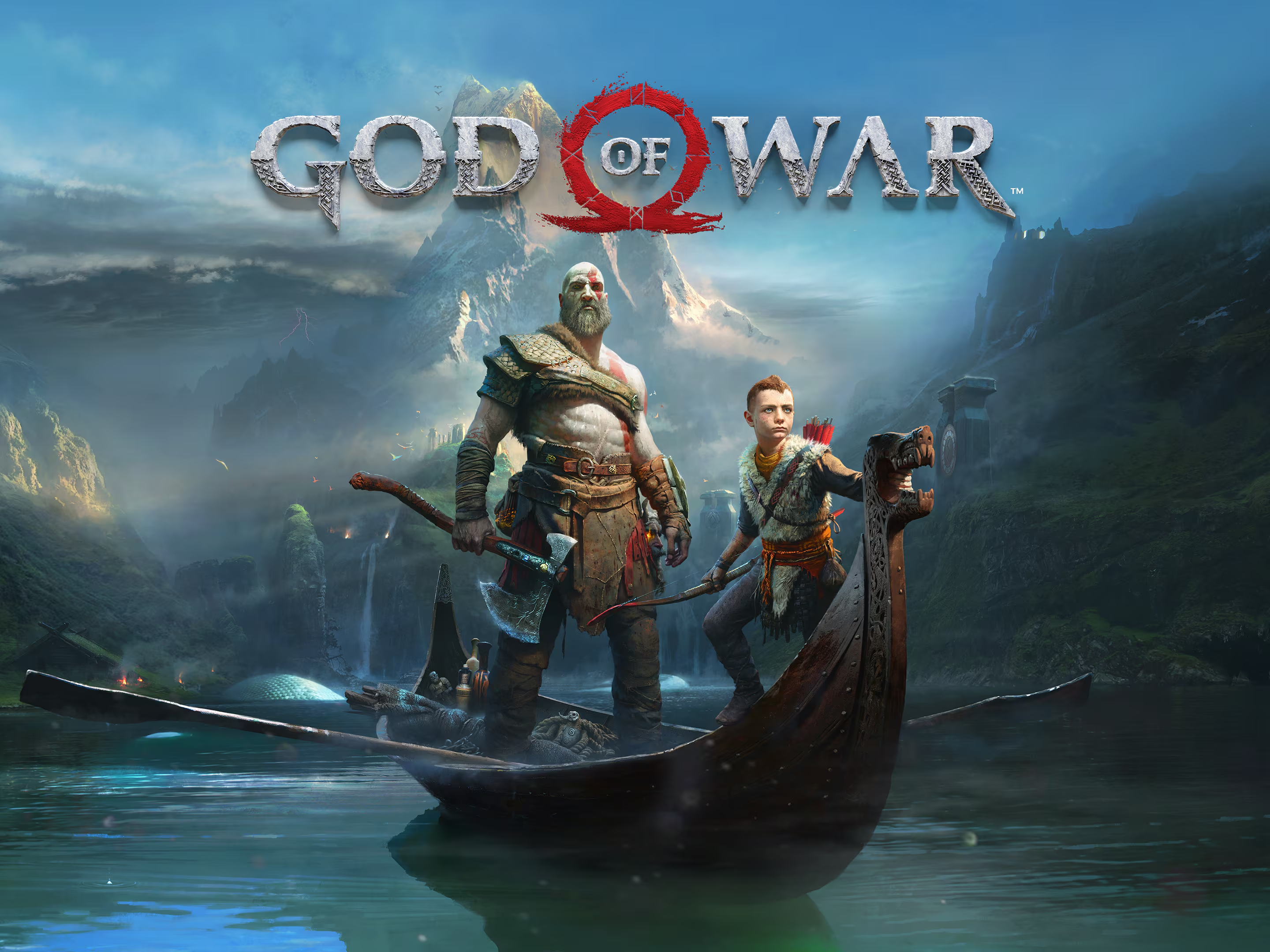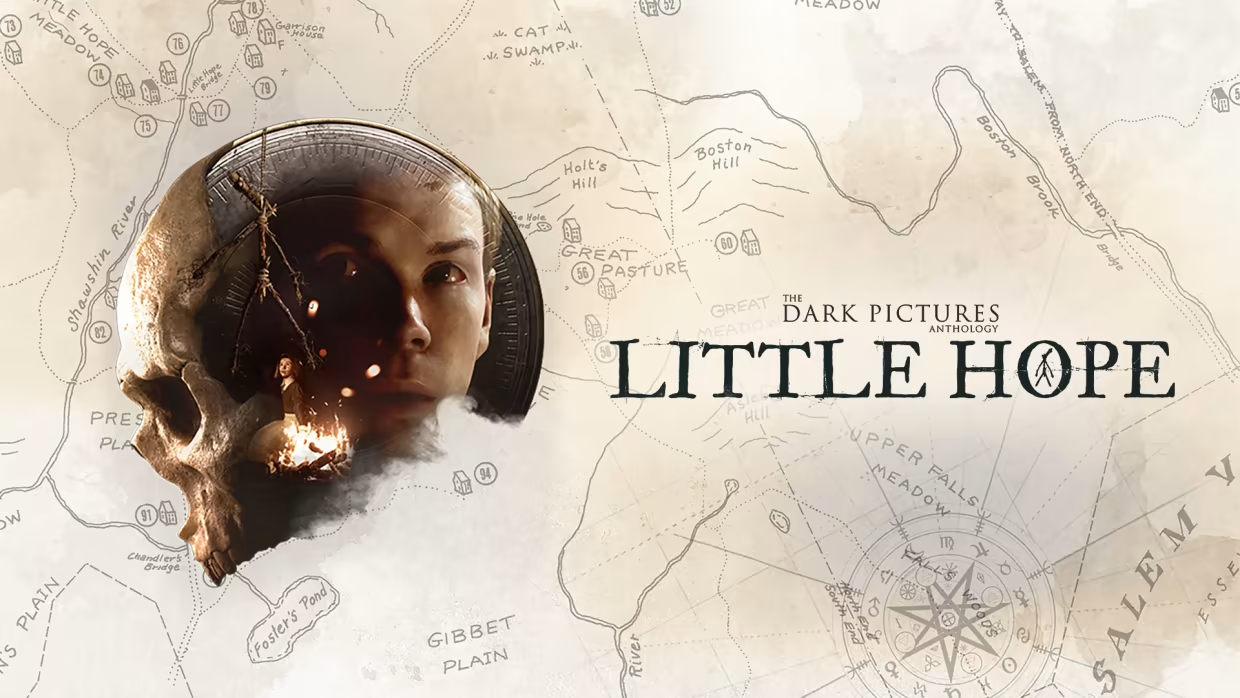The Forgotten City
The Forgotten City is a first-person adventure game concerned with the bearing culture and religion have on people’s lives: how they shape their worldview, dictate what is right and wrong, affect everyday decisions, and push them to certain behaviors. It’s also a time loop story and a rare one at that, in the sense that it cares much more about its themes and setting than about the gimmick itself.
The protagonist (we can select their gender and a brief backstory) wakes up on a riverbank one day with no memory of how they got there. Soon they meet a strange woman named Karen, who urges them to go look for a friend, who went to search the nearby ruins and never returned. However, when the protagonist arrives at the ruins, they fall down a rabbit hole of sorts and end up in the distant past – they find themselves in a Roman city that suffers from a terrible curse: whoever commits a sin will be responsible for the death of everyone there.
The Golden Rule, this curse is called: “The many shall suffer from the sins of the one.” Scattered throughout the city there are dozens of human statues made of gold that often whisper – sometimes calling for help, sometimes offering advice – making it easy for everyone there to deduce what is going to be the punishment for breaking the rule.
When your character arrives in the city, its leader, Magistrate Sentius, immediately gives them a task: find out who is going to commit the sin and stop the act before it’s too late for everyone. It’s not a big city, having no more than thirty inhabitants, which means the difficulty actually comes from the theological problem the task poses: what, after all, can be considered a sin?
Every person you meet is in agreement regarding the big ones: murder, theft, and rape are undoubtedly a sin. But is it also a sin to worship images? Catholics and Protestants would offer each one a different answer to this question. After a certain character commits suicide, for example, a Christian woman laments the fact that nothing else happened, as this means her God is not the one responsible for the Golden Rule.
To reinforce this clash of cultures, this Roman settlement is populated by Christian Romans, Pagan Romans, Greeks, and Egyptians. This means there’s a constant source of tension between them, with each group claiming the other absorbed their religion: that they stole it, made some changes, and called it their own. Instead of Hades, the Romans have Pluto. Instead of celebrating the winter solstice, Christianity decided December marked the birth of Jesus Christ.
Most of these characters live in fear, without knowing whether their actions will trigger the Golden Rule. They follow their own moral code, but the problem lies exactly there: in the fact that this code is their own, and may not be shared by the deity that supposedly oversees the Golden Rule. There are a couple of inhabitants who are more practical, however, just living their lives and hoping for the best, such as this Roman soldier, who – in a typical soldier mentality – simply accepts some things are over his head and out of his control:

All this puts into question the idea that morality is a universal concept, that right and wrong can be easily discerned because they’re not bound to a specific culture or religion. The protagonist must establish what is a sin, but to achieve this, they must first find out what God they’re dealing with. In other words, their main goal is precisely to uncover which social rules are at play in that city, since your own personal set of moral values doesn’t extend to everyone.
Your character can confront Magistrate Sentius about slavery, for example, claiming that back where they come from it is considered a most heinous act, but this doesn’t sway the Roman: for Sentius, having a slave is not simply the way the world works, but also his right – and, to his credit, having slaves indeed doesn’t condemn everyone to death, activating the Golden Rule.
The protagonist’s main task is threefold, then: they must discover which God made up the Golden Rule to pinpoint what is a sin, find out who is going to commit said sin, and, finally, also find a way to return home and to their own time. This is a first-person adventure title, which means the main way of interacting with the world to achieve these goals is talking to people: you have to listen to their dreams and woes and try to solve their more urging problems so that they can become more friendly and finally open up to your problems.
And there are many problems to solve, since the Golden Rule doesn’t create a utopic society, but the opposite: these people must live in a world without sin, but in one in which slavery, scamming, and manipulation are not considered a sin. Physical violence is, however, which means that the common people are robbed of a way of defending themselves, becoming an even more enticing prey for the rich and powerful of the city.
We can find out, for instance, that the city’s doctor is pissed off because a woman was dying in her clinic and, when she went to buy the medicine needed, the local merchant raised the prices to an exorbitant amount, trying to profit from the situation. Consequently, she couldn’t buy the medicine and, because of the Golden Rule, she couldn’t take it by force either, or even steal it, without dooming everyone in the process. In other words, the merchant’s capitalist mentality is not considered a sin, so his greed can cause the death of a woman without resulting in serious repercussions for him. But if anyone tries to steal the medicine from the merchant to heal the woman, they will potentially trigger the Golden Rule and kill everyone: the Golden Rule, then, living up to its name, deems that protecting private property is more important than saving a human life.
The problems in the city vary in complexity: there’s a man who is being harassed because of his homosexuality and you must find out who is the culprit (the list of suspects are, of course, limited to the Christian characters). And there’s another one who is imprisoned because, having little understanding of social norms, he doesn’t consider the act of invading people’s homes and taking their stuff reprehensible – although the God overseeing the city does. But the only way to help him is to make his friend – a commoner – win the election for the next magistrate.
This is where the time loop comes into play. Each time the Golden Rule is activated, you must return to the portal at the city’s entrance before turning to gold and go back in time to the beginning of that day – if you fail to do so, it’s “game over” and back to the last save. This allows for some experimentation regarding the rule itself: you can try stealing or killing someone just to see what happens, knowing your character most probably will survive and the day will simply reset. But the main purpose of the time loop is allowing you to use the information acquired in the previous attempt to your advantage, preparing for the problems beforehand, knowing how people will react and what events are going to happen. The game also allows for more than one solution to some of the problems presented, rewarding the player who tries to experiment with the situations.
The game also circumvents the busywork typical of this type of story, as you can give tasks to a marvelous character at the beginning of each loop, who will perform them no questions asked, helping the people you need, while you concern yourself with other matters. It’s funny and can get pretty ridiculous, since the number of tasks you give to this character keeps increasing and the guy just accepts everything, but it helps to build his persona as this nice, easygoing figure, and also makes the game more practical in the process.
The Forbidden City has a couple of issues, however. Some of the characters are underdeveloped and have some very simple sidequests related to them: there’s a crazy old lady in the city, for example, that you just need to speak to somewhat late in the game to solve her quest – an objective the game promptly tells you, making the task a tedious one. There’s the gay man that is being harassed by a Christian and his personality begins and ends there, serving only to give you this quest: you discover the culprit and the guy ceases to matter. In other words, the game’s sidequests needed to be more narratively ambitious and complex, making its characters feel more alive, having some story bits that connected them in more ways than one.
Besides this problem, there’s also a big section where the game reveals its inception as a Skyrim mod, when the protagonist suddenly acquires a bow and has to defeat monstrous enemies: the combat may help the pacing, shaking things up for half an hour, but at the same time, it feels clunky and out of place, as if it belonged to another game altogether– and it’s probably because it indeed did.
Nonetheless, The Forgotten City is a great narrative adventure game that offers a fascinating premise and a memorable setting. It even has a great twist up its sleeve, using humor as a red herring. The game may have started as a mod for Skyrim, but today it certainly manages to stand on its own.
February 10, 2022.
Modern Storyteller.
Nick Pearce.
Nick Pearce.
Michael Allen.
8 hours.
PC.

























